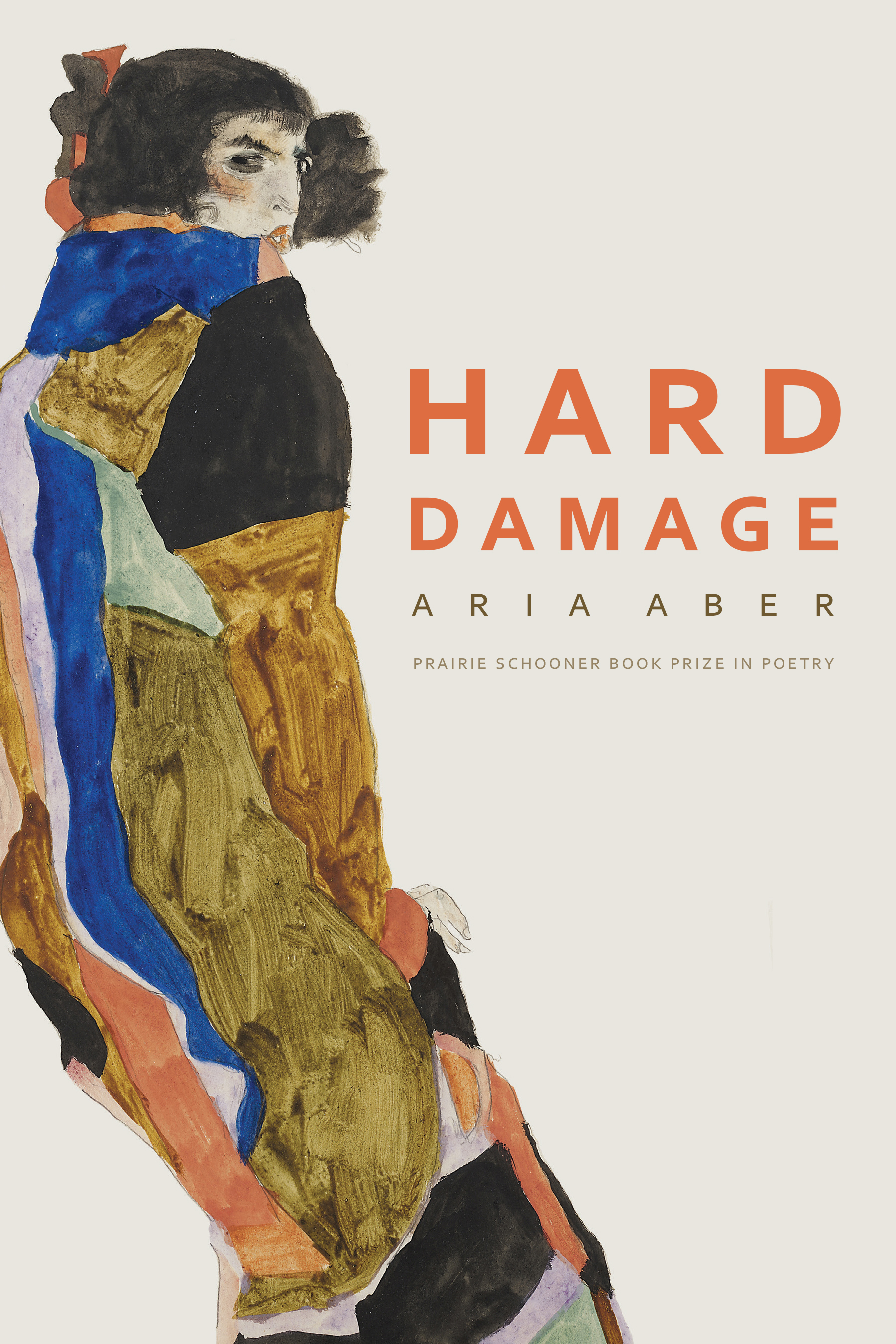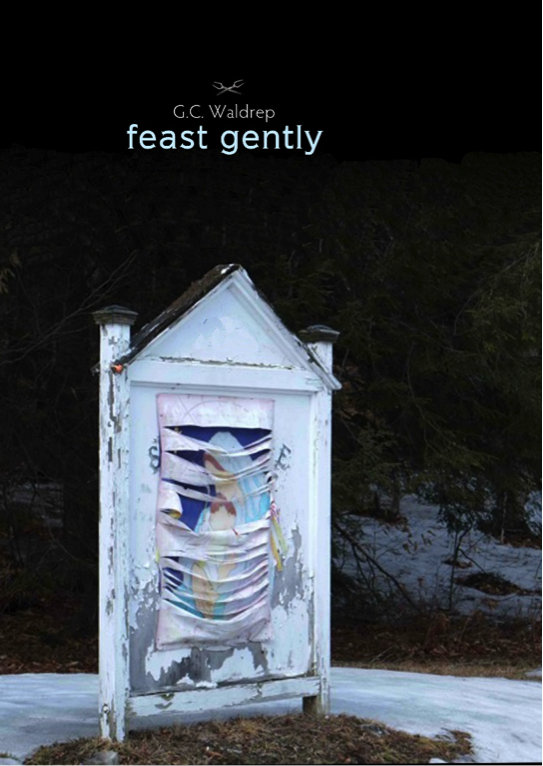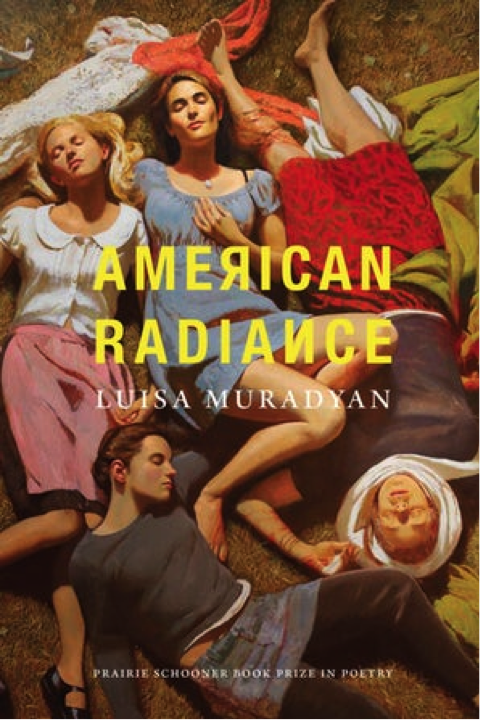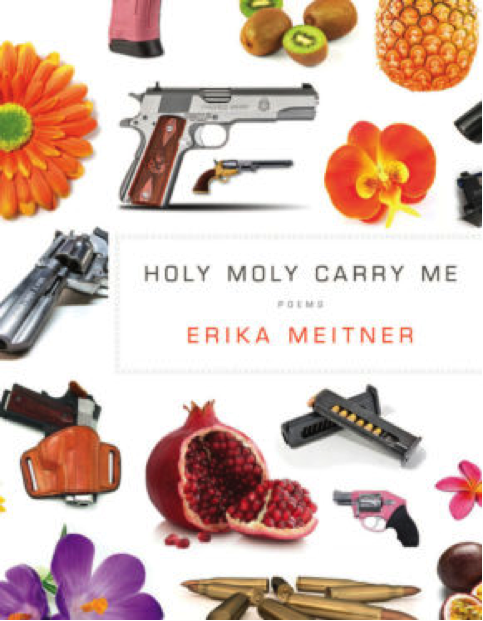
University of Nebraska Press, 2019
—
REVIEW BY ESTEBAN RODRIGUEZ
In an increasingly global society, there are many whose upbringing is centered around two or more cultures, which at times can be in harmony with each other, and at others in conflict. In Aria Aber’s debut collection, Hard Damage, a strong sense of identity lies at the center of each of the worlds explored, with every poem seeking to interrogate the historical and the personal, to flesh out what it means to have a past that impacts the present, and vice versa.
Winner of the 2018 Prairie Schooner Book Prize in Poetry, Hard Damage examines various aspects of the immigrant experience and the manner in which one navigates the complexities of a new life. In the proem “Reading Rilke in Berlin,” the speaker reflects on learning English and her father’s journey to a new country:
Into English I splintered the way my father clutched
his valise at the airport, defeated and un-American.
It took me twelve strange springs to know: nothing
occurs out of a sudden. How do I let it go?
Little has been purloined from me and the ghosts
of childhood still sibilate, by which I mean
nobody has touched me on my innermost parts.
Despite the sense of loss the speaker’s father feels, and that the speaker herself feels by splintering into a language her parents don’t fully know, there is no coming back, and they both must commit themselves to a land and people that are as intrigued as they are indifferent to new inhabitants. When we arrive at the end of the poem, the speaker’s mother responds, rather confidently, with a “fine, ou hare you?” after being asked where she is from, and the speaker, aware of the callous attitude of the immigration officer she encounters, says she wants nothing more than to “[rip] out his tongue/… and [wait]/ for it to bloom new [in her] blood,” thereby fully possessing what at the beginning of the poem wasn’t quite hers.
Although the speaker interrogates the nuances of her identities (Afghan, German, American), there is no denying that she accepts every part of who she is, regardless if part of her upbringing isn’t fully attached to one geographical location. She is not quickly or easily defined, and for others, this concept can be lost on an adherence to stereotypical expectations of what someone should be. One of the most memorable poems in this collection is “The Ownership of Naming Things,” which details what others see the speaker as rather than what she is:
What once was feathered like a voice, a seduction
of finches, now is vigorous, bids me into the sun.
I am not less enough. Once, a man unbuttoned
my spine into the purple noise of night, swore
You’re not like them, look at how light your skin
is.
Her skin may be light, but it doesn’t mean she loses her Afghan identity because of it, and it doesn’t dictate that she should shun what is essential to her being. As she says, quite directly, “I am not / delicate. Look at me. I am not trying to disappear.”
The process of not forgetting takes up the entirety of the third section of the book with the poem “Rilke and I.” The eight sections are titled in both German and English, and they highlight not only the attention to language but the manner in which certain words and phrases shape identities and worldviews. This can be as minuscule as the word “I,” which in the first section captures its implications:
Ich, the German first-person singular pronoun, is not capitalized.
Is my German selfhood humbler, does it fold into itself? Why is the
English I so prominent, so searing on the page?
It could look like an | and therefore like a wall more than a door—
altogether very different from the little ich, which is the scaffolding
of a roof, a cathedral, something to contain the collective.
Putting a microscope to things that might not seem important is at the core of the speaker’s attempt to understand her history better, and to form a new way of looking at what is too often overlooked. Although contemplative and philosophical, Aber’s ability to switch into the narrative provides the perfect balance to insights into the speaker’s past, as shown in “Und/And”:
As children, it’s the only word we use to comprehend continuity. “And
then what?” we ask.
And then we had to leave Afghanistan.
“And then? And then? And then?”
You and I. You, who made me. And = the umbilical cord.
And Mother and Father, at last. Yes, he was there—a distant firefly in
a field; like the traveler that he was, which as the meaning of his last
name, he was always gone, trying to become an American.
Again, a single word is sufficient enough to meditate on what exactly “continuity” entails, and how moments from our life are connected in more ways than we originally thought.
The past here is personal, but it doesn’t entirely exist outside of history. “Operation Cyclone,” titled after the code name of the CIA’s program to arm and finance the mujahideen during the 1980s, interweaves various stories with the reality and consequences of such an operation:
a brother a favorite among his eight siblings
a brother believed to be gone
a brother’s name crossed through, filed away under “collateral”
a cheek held to the soles of the occupation
a country surveilled and censored as X
a cyclone as metaphor
a family collapsing at the grave, the grave empty, the stone etched
with cursive Died: unknown; died believing in good, beloved son,
brother, and uncle
a family cowered at the dinner table thinking of their brother
a family scouring through death lists, searching among the names of
the tortured, the detained and executed for a trace of their brother
a family waiting for news
a father beginning a joke with There’s no Walmart in Afghanistan
a fridge full of light
a funeral willowed and willing
a funeral with sisters wailing like blue jays, flagellating themselves and
each other
a funeral without a body so sober the orchids are flushing
I include this entire stanza because it’s important to read the totality of Aber’s attention to events that most Americans more than likely know nothing about. For the speaker, it’s a truth they must live with constantly, recognizing that she doesn’t want your sympathy, but instead she “want[s] your attention.” Even if that can be bothersome (think of all the people who shed light on unjust issues in order to promote their own brand or because they are merely hopping on a social bandwagon), it’s something that is nevertheless necessary in order excavate every aspect of the truth, regardless of how tragic that truth may be.
Recently, there has been some debate about “Best of” literary lists, whether they are too narrow in their scope or simply biased toward works that have been bestowed with awards, failing to consider the abundance of books that deserves a wider audience. Regardless of where you land in this debate, it’s hard to imagine, as 2019 nears its end, that Hard Damage won’t be on every one of those lists. It’s an incredible achievement that doesn’t sugarcoat the subjects it tackles, and if there is a book that so thoroughly explores the human condition this year, it is undoubtedly Aber’s, one that will move you as much as it will stir serious discussion with others and, most importantly, with yourself.
—
ESTEBAN RODRIGUEZ is the author of the collections Dusk & Dust (Hub City Press 2019), Crash Course (Saddle Road Press 2019), In Bloom (SFASU Press 2020), and (Dis)placement (Skull + Wind Press 2020). His poetry has appeared in Boulevard, The Rumpus, Shenandoah, TriQuarterly, and elsewhere. He is the Interviews Editor for the EcoTheo Review, an Assistant Poetry Editor for AGNI, and a regular reviews contributor for [PANK] and Heavy Feather Review. He lives with his family in Austin, Texas.
![[PANK]](https://pankmagazine.com/wp-content/themes/pank/assets/images/pank-logo-large.png)



